Our Members Asked:
Does AHCC or active hexose correlated compound have anticancer or antiviral benefits, and is it safe?
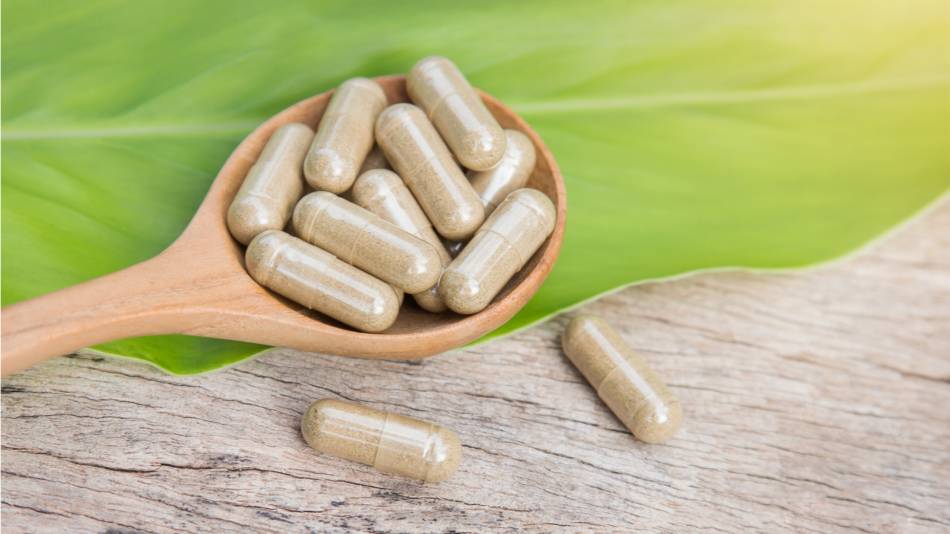
Answer:
What Is AHCC®?
"Active hexose correlated compound" describes any formulation that contains acetylated alpha-glucan and other polysaccharides (carbohydrates made of multiple sugar molecules) prepared by culturing fungus in the Basidiomycetes family, which includes mushrooms such as shiitake, button, oyster, maitake, turkey tail, and others. Enzymes are then used to breakdown the fungal mass into various compounds.
Examples of products containing "active hexose correlated compound" include Active Hexose Correlated Compound by Szczekin, Active Hexose Correlated Compound by Silvershell, Six Active Mushroom Defense with Active Hexose Correlated Compound by N'More, and others.
In contrast, AHCC® is a specific, patented mixture of active hexose correlated compounds derived from the mycelia (the hair-like root structures) of only shiitake mushrooms (Lentinulla edodes). The mixture is then heated to inactive the enzyme, and remaining mycelium is removed from the solution. The solution is then concentrated and freeze dried to produce AHCC powder (U.S. Patent 2011/0065629 A1).
AHCC contains mainly carbohydrates (about 70%). Unlike carbohydrates in mushrooms and mushroom extracts, which consist mainly of beta-glucans, the carbohydrate content of AHCC contains high amounts (about 20%) of alpha-1,4-glucans (about 30% of which are acetylated), with only a small amount (about 2%) of beta-glucans (Spierings, J Nutr Sci Vitaminol (Tokyo) 2007; Shah, J Parenter Enteral Nutr 2011). The alpha-glucans and acetylated alpha-glucans in AHCC are thought to be responsible for some of its potential health benefits (Shin, J Immunol Res 2019).
What Are The Health Benefits of AHCC?
As noted below, we are not aware of any clinical studies evaluating active hexose correlated compound products other than AHCC.
AHCC has been shown in laboratory studies to stimulate the activity of natural killer (NK) cells, a type of immune cell that targets tumor cells or cells infected with a virus (Shin, J Immunol Res 2019). It also appears to boost T-cell immune response in healthy older adults, which might reduce infection risk (Yin, Hum Immunol 2010). For this reason, AHCC has been investigated for its anticancer or antiviral effects.
As discussed below, clinical trials have generally not shown a clear benefit of AHCC in cancer treatment, reducing side-effects of chemotherapy, preventing or treating the flu, or treating persistent human papillomavirus (HPV) infection.
Cancer
AHCC has demonstrated mixed evidence of benefit in treating cancer. A study in Japan among 269 people with liver cancer (hepatocellular carcinoma), all of whom underwent cancer removal surgery and 113 of whom received 3 grams of AHCC daily after surgery, found that a lower percentage of people in the AHCC group versus the surgery-only group experienced recurrence (34.5% vs 66.1%) or death (20.4% vs. 46.8%). Average follow-up time was about 28 months for the AHCC group and 30 months for the control group (Matsui, J Hepatol 2002). Weaknesses of this study included the fact that it was not randomized, blinded or placebo controlled.
Another study among people with pancreatic cancer undergoing chemotherapy with gemcitabine found no difference in response rate or overall survival among those who received 6 grams of AHCC daily during chemotherapy compared to those who did not (Yanagimoto, Nutr Cancer 2016). A small study among people with early-stage prostate cancer, all of whom took 4.5 grams of AHCC daily for 6 months, found that AHCC was ineffective in reducing prostate specific antigen levels by 50% or more in all but one patient (Sumiyoshi, Jpn J Clin Oncol 2010).
Chemotherapy-related side effects
Some studies have suggested that AHCC may reduce chemotherapy-related side effects, but no conclusions can be drawn from these studies due the lack of placebo control groups. In the study among people with pancreatic cancer discussed earlier, the frequency of chemotherapy-related taste disorder was much lower in those receiving AHCC compared to those not receiving AHCC (17% vs. 56%), but there was no difference in the occurrence of low white blood cell count (neutropenia — which can increase infection), low platelet count (thrombocytopenia — which can increase bleeding), or liver dysfunction (Yanagimoto, Nutr Cancer 2016). A small study among people with advanced cancer who received 3 grams of AHCC daily while undergoing their second cycle of chemotherapy found that quality of life, as well as markers of blood and liver toxicity, were improved compared to the first cycle, during which no AHCC was administered (Ito, Nutr Cancer 2014).
Antiviral effects
AHCC has been shown to improve survival and lung function in mice infected with an influenza virus (Ritz, J Nutr 2006), but there do not appear to be any studies investigating the benefits of AHCC on flu infection in humans.
A small study found that taking 3 grams of AHCC daily for 3 weeks beginning immediately after receiving a flu vaccine increased antibody titers against influenza B virus compared to the vaccine-only group, but there was no significant difference in antibody response to influenza A virus, and the study did not determine whether AHCC reduced the frequency or severity of flu cases (Roman, Nutr Res 2013).
A study among 41 women (average age 42) with persistent (2 years or longer) infection with high-risk strains of human papillomavirus (HPV) (linked with increased risk of cervical as well as other types of cancer) who supplemented with 3 grams of AHCC® (Amino Up, Ltd — which provided unrestricted research grants to one of the researchers for preclinical studies prior to this clinical trial) or placebo once daily on an empty stomach for 6 months, followed by 6 months of placebo for all participants, showed that after 12 months, a greater percentage of people in the AHCC group were HPV negative compared to placebo (63.6% vs. 10.5%). Twelve of the participants in the placebo group who were HPV positive after the first 12 months of the study were then given AHCC for a subsequent 6 months, and half of these individuals became HPV-negative. Keep in mind that there are over 100 strains of HPV identified in humans, and only about 15 are considered high-risk HPV. It is unclear if AHCC helps clear other strains of HPV (including low-risk strains that have been linked with genital warts). Furthermore, most healthy people with high-risk HPV clear the infection within 6 to 18 months on their own without intervention, with only about 10% of people experiencing persistent high-risk HPV (Smith, Front Oncol 2022).
AHCC Dosage
The typical dose of AHCC used in clinical trials has ranged from 3 grams to 6 grams daily.
Is AHCC Safe?
AHCC appears to be safe when taken short-term in doses of 3 grams to 6 grams daily. One participant in a study who was taking 4.5 grams of AHCC daily reported diarrhea and itching (Sumiyoshi, Jpn J Clin Oncol 2010). The safety of long-term use of AHCC is uncertain.
There is concern that AHCC may affect the blood levels of certain drugs, although these interactions have not been confirmed in humans. A laboratory study showed that AHCC increased the activity of cytochrome P450 2D6 (CYP2D6), an enzyme involved in the metabolism of drugs, such as doxorubicin and ondansetron. By increasing the activity of CYP2D6, AHCC may decrease the levels of these drugs (Mach, J Soc Integr Oncol 2008).
Another laboratory study showed that AHCC may increase the activity of aromatase enzyme (Mathew, Integr Cancer Ther 2017). Theoretically, by increasing aromatase activity, AHCC may decrease the effectiveness of drugs that are aromatase inhibitors, such as letrozole, anastrozole, and exemestane.
What to Look For When Choosing an AHCC Supplement
All of the clinical studies summarized above used the branded ingredient AHCC, which is included in many supplement products, either alone or along with other ingredients. However, not all supplements containing "active hexose correlated compound" contain AHCC.
As noted previously, "active hexose correlated compound" refers to any formulation of alpha-glucans and polysaccharides prepared from basidiomycetes, and some supplements containing active hexose correlated compound are prepared from other mushrooms and reportedly contain different amounts of alpha-glucans compared to AHCC. It is unclear if the differences in formulation of these other supplements impacts their clinical benefits (if any) compared to AHCC. We are unaware of clinical studies evaluating active hexose correlated compound supplements that do not contain the proprietary ingredient AHCC. If you are interested in taking an active hexose correlated compound supplement, and want to confirm that it contains AHCC, Amino Up includes a listing of commercial products that contain AHCC on its website.
Keep in mind that any products containing AHCC will list it as an "AHCC proprietary blend" on the Supplement Facts panels, with other inactive ingredients (a wax, cellulose, dextrin, and cyclodextrin) included along with the "mycelia extract." These other ingredients are added during the production process to improve handling, processing and/or storing of the ingredient.
Cost
AHCC is an expensive ingredient and can easily cost several dollars per day. Capsules providing 500 mg of AHCC generally range in cost from about 83 cents (Quality of Life Kinoko Gold AHCC or Swanson Ultra AHCC Maximum Strength) to $1.15 (Planetary Herbals AHCC).
Join today to unlock all member benefits including full access to all CL Answers and over 1,400 reviews.
Join NowAlready a member? Sign In Here.
Join now at www.consumerlab.com/join/

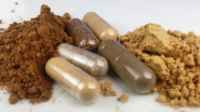
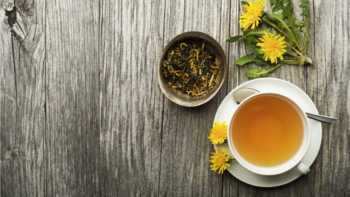
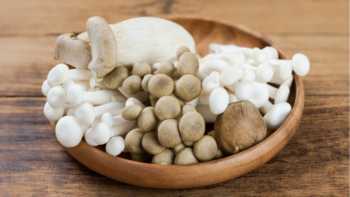

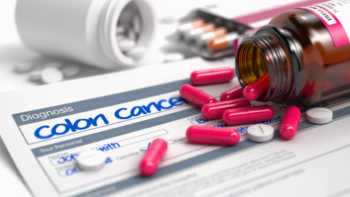

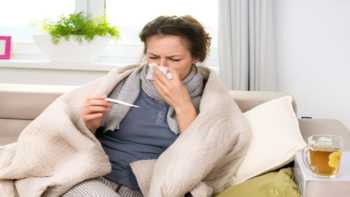





Submit your comment
This feature is restricted to active members.
Join now to add comments and get all member benefits, including over 1,400 reviews.
Join NowAlready a member? Sign in here.